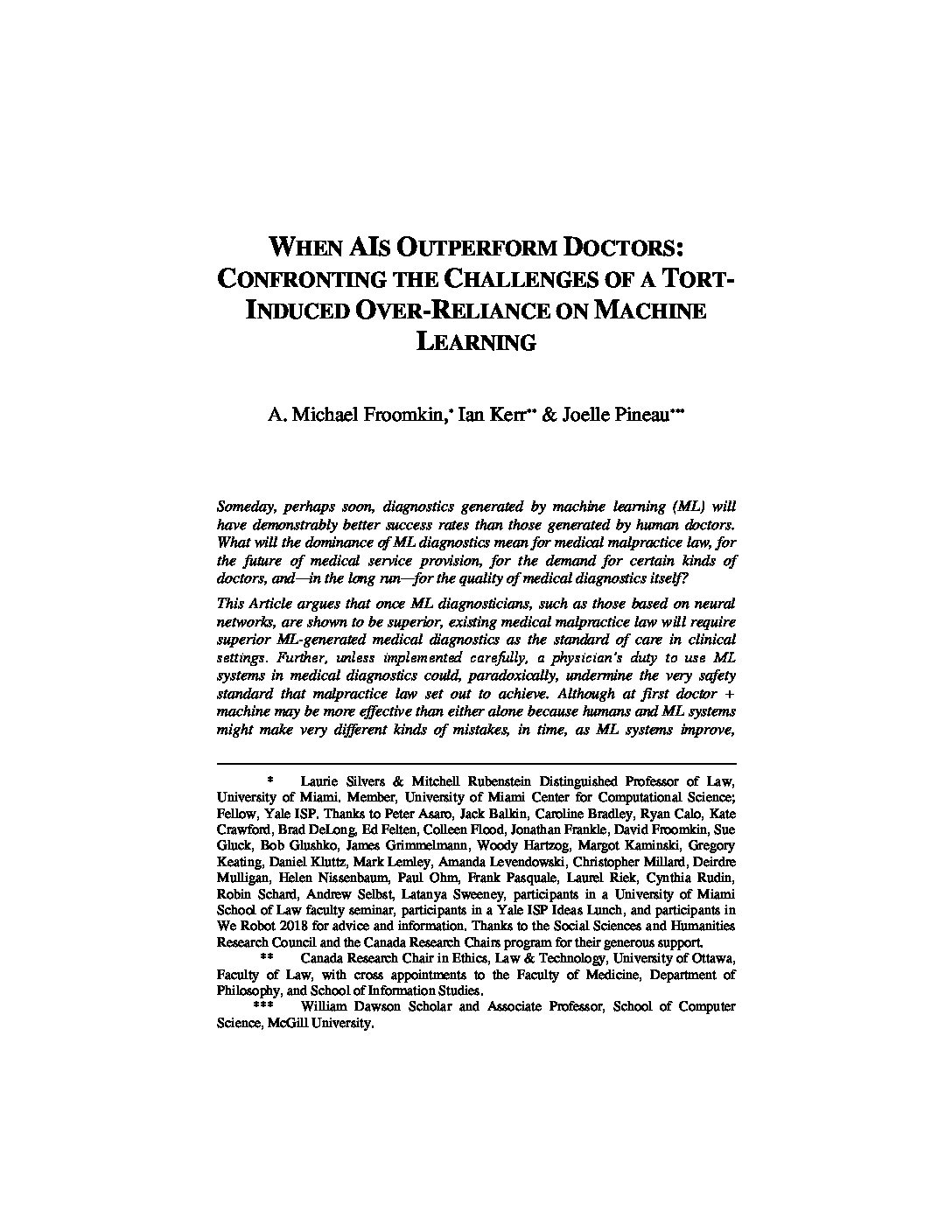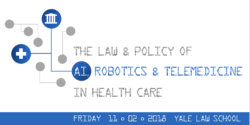I’m proud to be part of the editorial board committee of the brand new Journal of Technology and Regulation (TechReg), housed at the Tilburg Institute for Law, Technology, and Society (TILT) at Tilburg University in the Netherlands.
Technology and Regulation (TechReg) is an international journal of law, technology and society, with an interdisciplinary identity. TechReg provides an online platform for disseminating original research on the legal and regulatory challenges posed by existing and emerging technologies (and their applications) including, but by no means limited to, the Internet and digital technology, artificial intelligence and machine learning, robotics, neurotechnology, nanotechnology, biotechnology, energy and climate change technology, and health and food technology. We conceive of regulation broadly to encompass ways of dealing with, ordering and understanding technologies and their consequences, such as through legal regulation, competition, social norms and standards, and technology design (or in Lessig’s terms: law, market, norms and architecture).
We aim to address critical and sometimes controversial questions such as:
- How do new technologies shape society both positively and negatively?
- Should technology development be steered towards societal goals, and if so, which goals and how?
- What are the benefits and dangers of regulating human behavior through technology?
- What is the most appropriate response to technological innovation, in general or in particular cases?
It is in this sense that TechReg is intrinsically interdisciplinary: we believe that legal and regulatory debates on technology are inextricable from societal, political and economic concerns, and that therefore technology regulation requires a multidisciplinary, integrated approach. Through a combination of monodisciplinary, multidisciplinary and interdisciplinary articles, the journal aims to contribute to an integrated vision of law, technology and society.
We invite original, well-researched and methodologically rigorous submissions from academics and practitioners, including policy makers, on a wide range of research areas such as privacy and data protection, security, surveillance, cybercrime, intellectual property, innovation, competition, governance, risk, ethics, media and data studies, and others.
TechReg is double-blind peer-reviewed and completely open access for both authors and readers. TechReg does not charge article processing fees.



 My guest post
My guest post